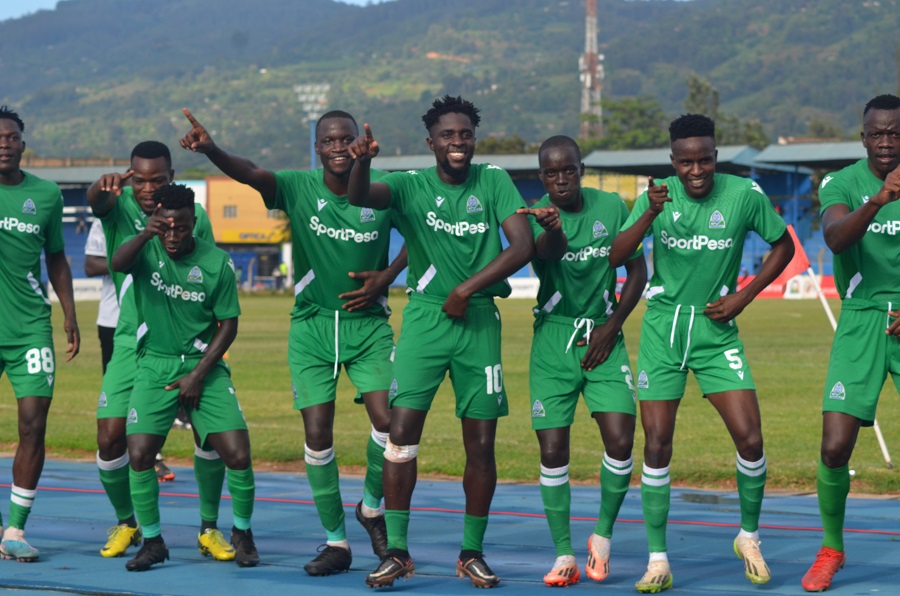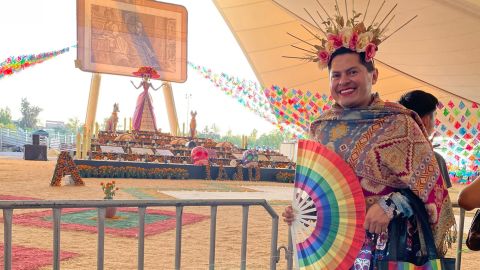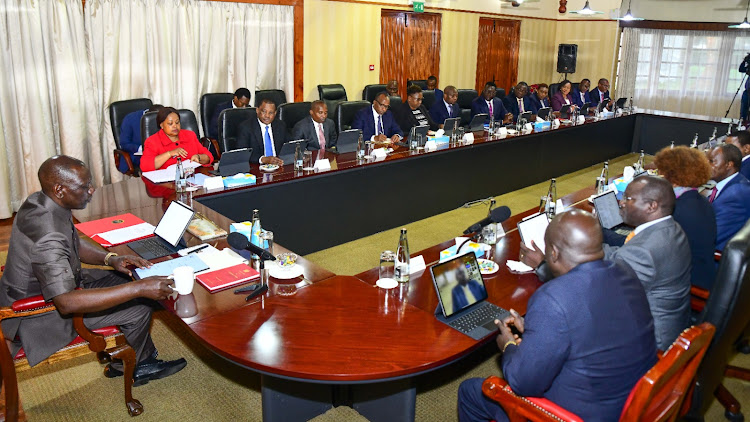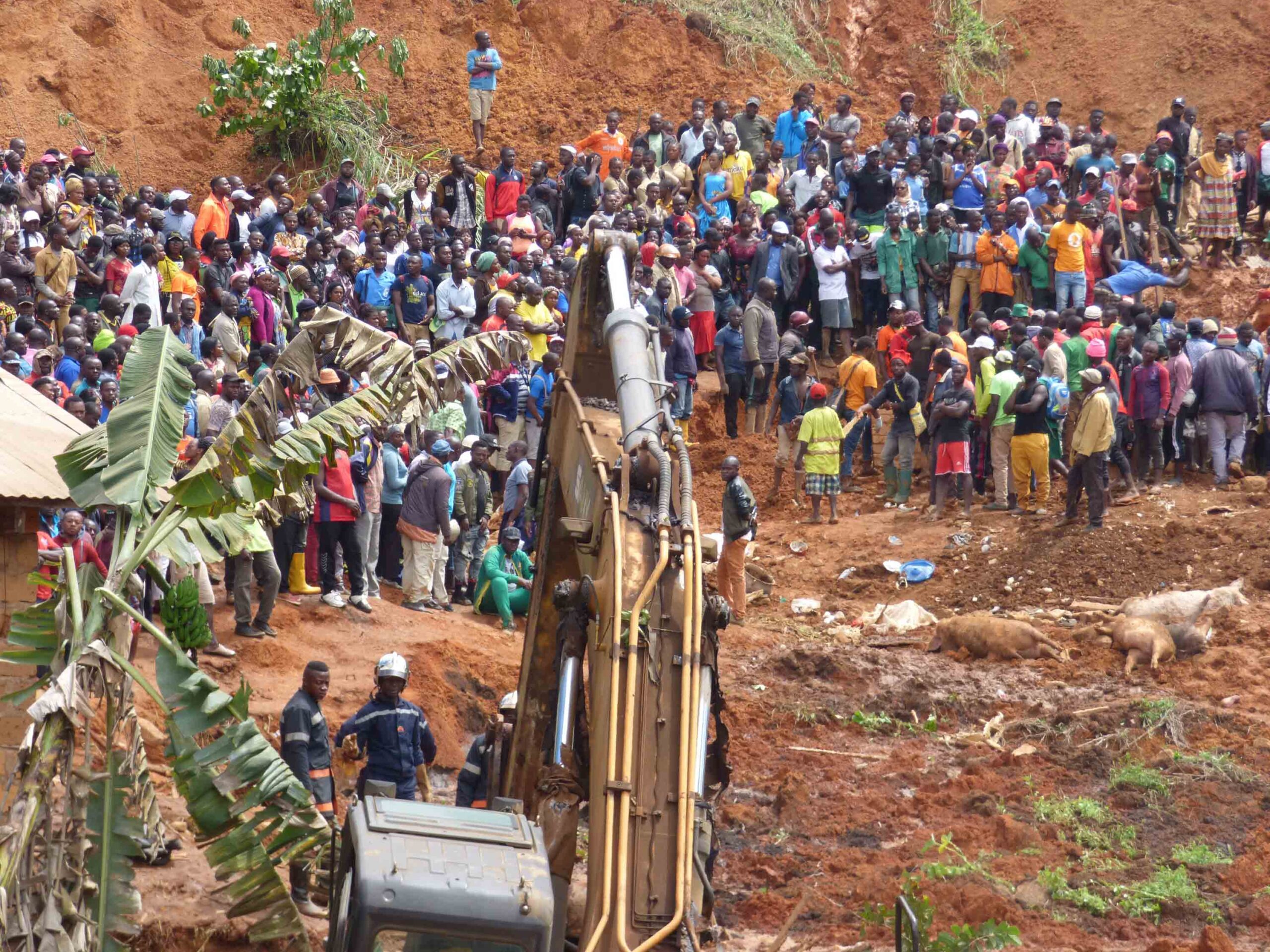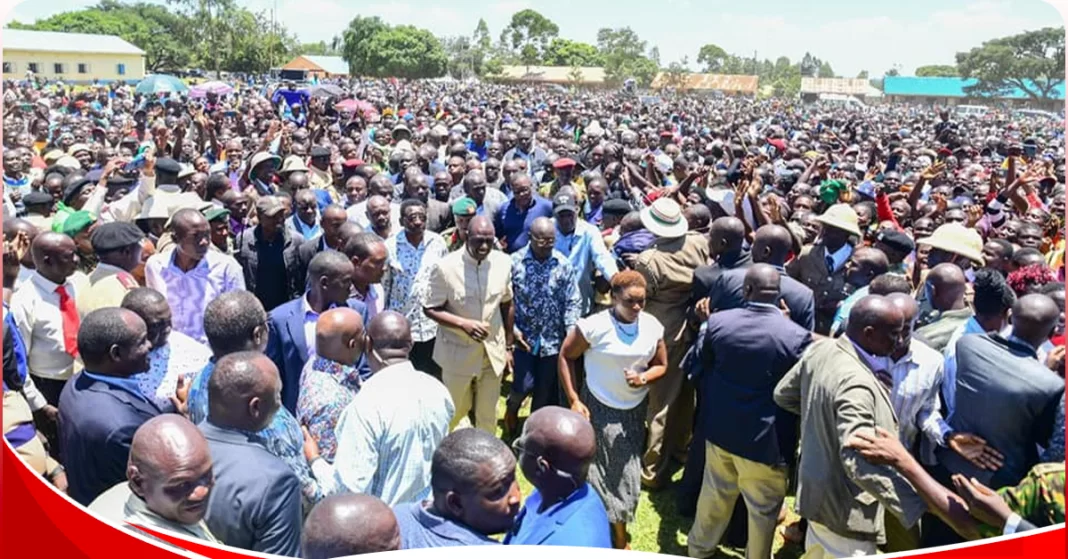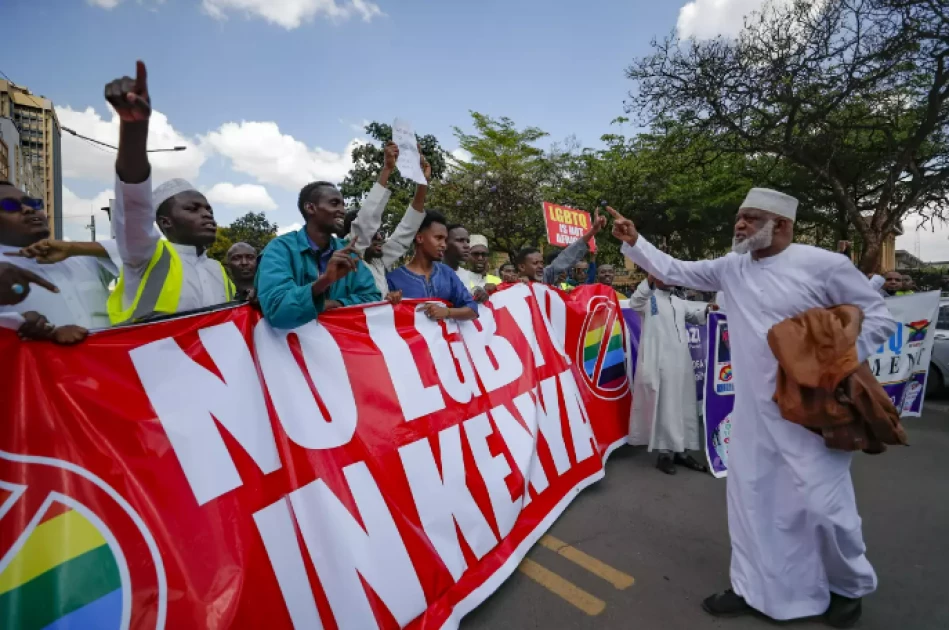PROTESTERS FACED POLICE BRUTALITY ACROSS THE NATION


Kenya’s recent finance bill vote plunged the nation into turmoil, marked by violence, loss of life, and extensive property damage. The response was swift and severe: the Defense Minister deployed the army, and President William Ruto addressed the nation, framing the events as a critical national security issue.
President Ruto’s speech aimed to reassure the nation amidst escalating tensions, promising exhaustive government efforts to prevent future incidents. However, the situation escalated with reports of demonstrators attempting to breach Nakuru’s State House and setting fire to ruling party offices in Embu. Allegations of police abductions, including prominent figures like Kenya Law Society President Faith Odhiambo’s assistant, further fueled unrest, raising serious concerns about civil liberties and government response to dissent.
In response to mounting pressure, dialogue emerged as a potential avenue for resolution. President Ruto advocated for structured discussions guided by constitutional principles, emphasizing the rule of law and respect for institutions. International calls for constructive engagement underscored global apprehensions over Kenya’s internal stability and governance challenges.
Despite recent revisions to the finance bill, including withdrawal of some tax proposals, grievances over the high cost of living persisted. Nairobi, a hub of economic activity and inequality, mirrored national frustrations exacerbated by systemic corruption and previous tax reforms impacting ordinary citizens.
Kenya finds itself at a pivotal crossroads. The aftermath of the finance bill vote has laid bare deep-rooted socio-economic disparities and governance shortcomings.
In cities across the nation, including Nairobi, Eldoret, Nakuru, Kajiado, Turkana ,Garissa and many other regions across the nation reports emerged of police officers deploying tear gas, rubber bullets, and batons against protesters. Videos circulating on social media captured troubling scenes of individuals being forcibly detained, struck with batons, and subjected to harsh treatment while in police custody. These actions have drawn sharp criticism from civil rights organizations, political leaders, and members of the public alike, who have expressed outrage over what they perceive as a violation of fundamental rights to assembly and peaceful protest. The injuries sustained by protesters further underscore the gravity of the situation. Hospitals and medical centers have reported a significant influx of patients with injuries ranging from minor bruises to serious wounds caused by rubber bullets and other lethal projectiles. Among the injured are peaceful demonstrators, journalists covering the events, and bystanders caught in the crossfire
President Ruto’s acknowledgment of the crisis as a national security threat reflects the gravity of the situation. His pledge of comprehensive government action signifies an effort to restore order and stability. However, the violent protests and alleged human rights abuses underscore the fragility of Kenya’s democratic institutions and the urgent need for accountability and transparency.



